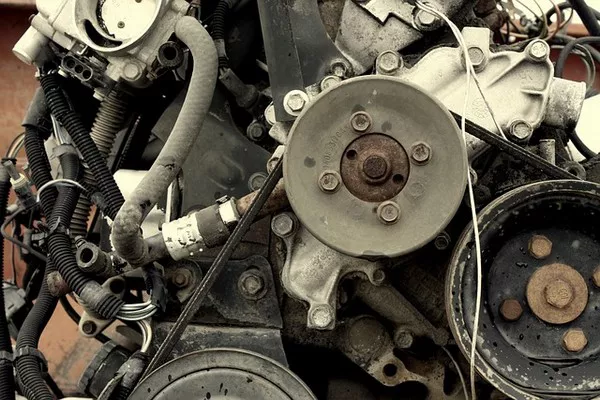A coalition of manufacturers is urging the government to prioritize the manufacturing sector and ensure it receives the necessary support and funding to advance sustainability. The Manufacturing Assembly Network (MAN), which includes seven sub-contract manufacturers and an engineering design agency, is spotlighting the absence of a unified industrial strategy as a major obstacle to the sector’s progress.
Last year, MAN launched the MANifesto, proposing a comprehensive blueprint to enhance the UK’s global competitiveness. The manifesto emphasizes four key pillars: Investment, People, International Trade, and Sustainability & Net Zero, with a particular focus on green technology and supply chain decarbonization.
Peter Davies, co-chair of MAN and CEO of James Lister & Sons, commented on the challenge: “The role of manufacturing in the transition to Net Zero has been a significant topic, but the path forward is not straightforward. As SMEs, we aim to contribute, yet rising energy costs and global supply chain disruptions present significant hurdles. We seek a more coordinated approach from Labour to support our efforts.”
Davies continued, “Our MANifesto advocates for innovative ways to boost UK manufacturing by creating green products and technologies, and for accessible investment and grant funding to make our operations more environmentally friendly. We also call for a national business energy efficiency program to mitigate our dependence on volatile energy markets.”
MAN’s member companies employ over 1,500 individuals and include Alucast, Brandauer, Fluxsys, Grove Design, James Lister & Sons, KimberMills International, Nemco, and PP Control & Automation (PP C&A). Several members have participated in the WMG Net Zero Innovation Network Cohort, implementing sustainable practices and achieving notable results.
For instance, PP C&A invested £150,000 in solar-powered lighting, reducing CO2 emissions by 3.74 tonnes. Alucast saved nearly £80,000 on energy bills through energy monitoring systems, and James Lister & Sons developed software to track and repurpose steel tube offcuts.
Beyond environmental benefits, sustainability encompasses corporate governance and social mobility. Amy Pearce, a systems engineer at Brandauer, exemplifies this commitment. Starting as an apprentice, Pearce has advanced to managing Quality, Health & Safety, and Environmental (QHSE) systems. Under her stewardship, the company has achieved ISO 14001 accreditation and realized £100,000 in cost savings since 2019.
Pearce stated, “Our strong Environmental, Social, and Governance (ESG) policy reflects our dedication to making a positive environmental and societal impact. I’m proud to contribute to this, including initiatives like changing our waste provider to prevent landfill use and investing in a quick shutter door to conserve heat.”
She added, “Our major current project is developing a Net Zero plan to achieve Scope 1 emissions reductions by 2030.”

